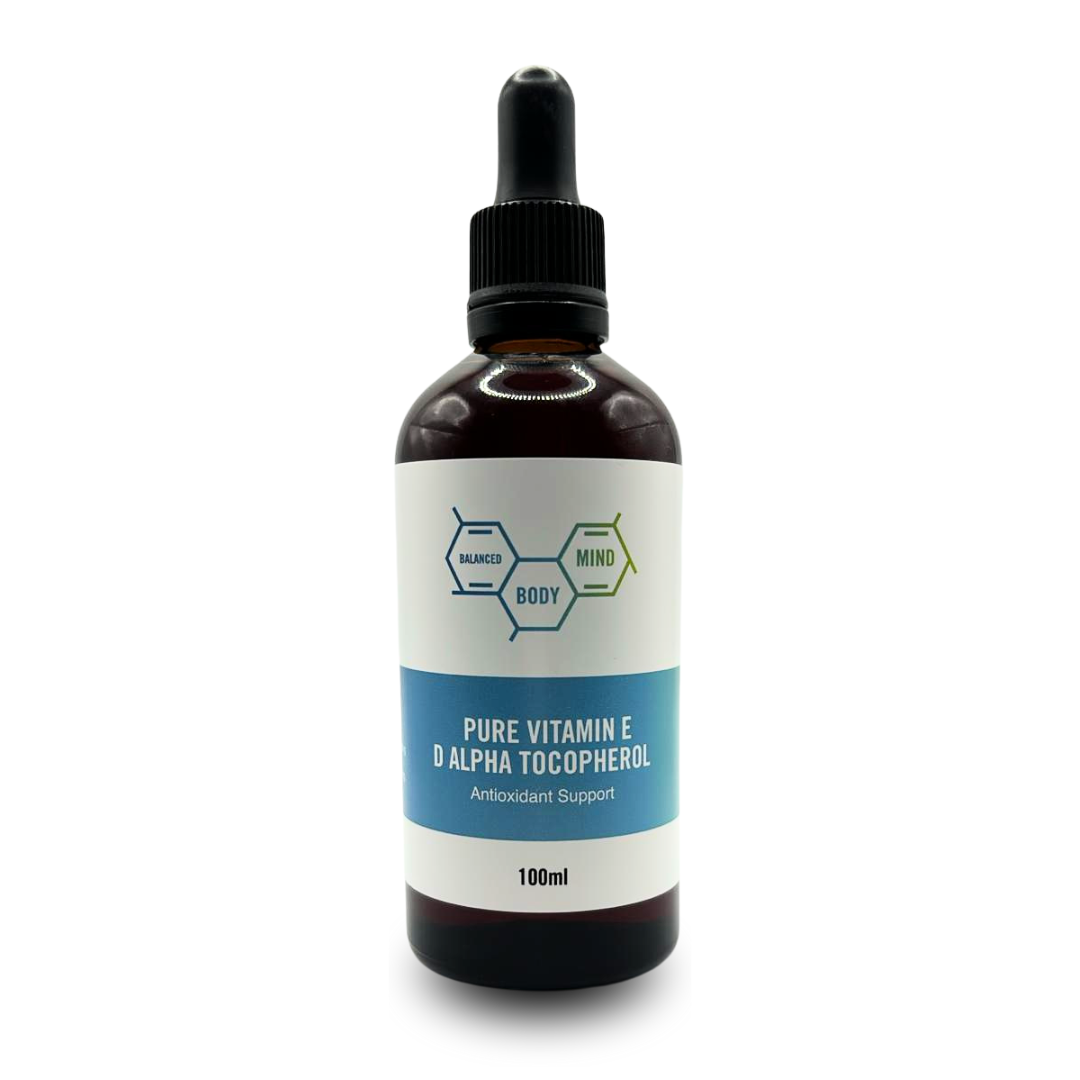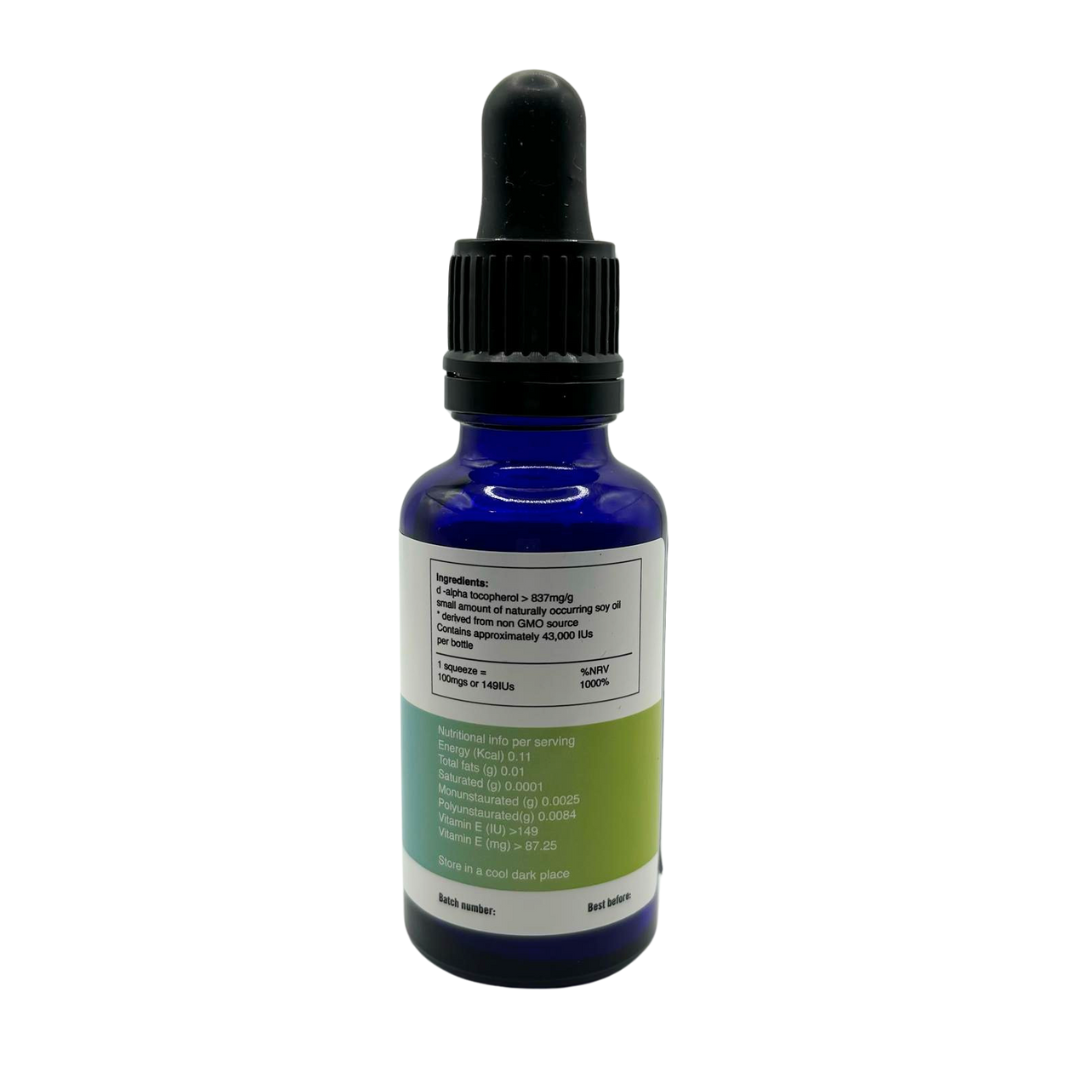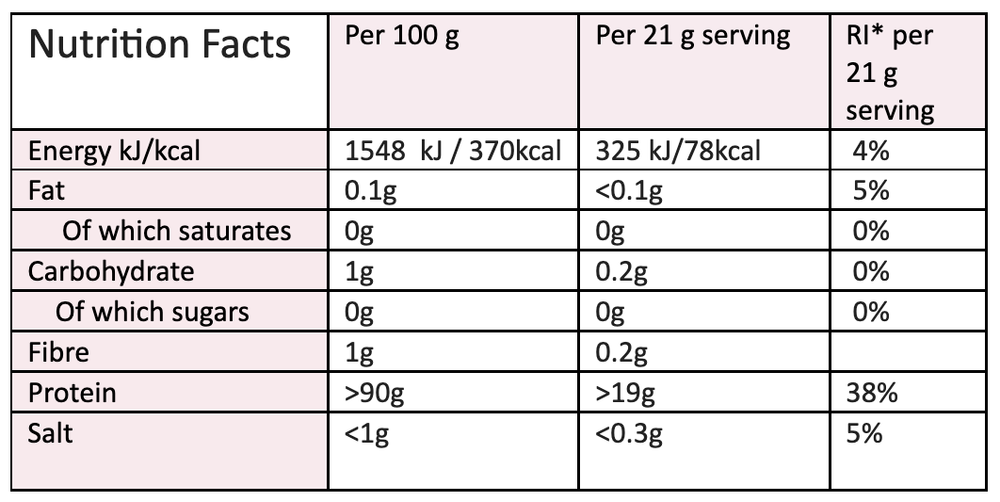Vitamin B6 (Pyridoxal-5-Phosphate) 100ml
Vitamin B6 is also called pyridoxine. It is one of the 8 water-soluble B vitamins. In order for vitamins to be utilized by the body they must first be converted to P-5-P (Pyridoxal - 5 - Phosphate). After Piridoxine is absorbed it is transported to the hepatic (liver) cells where it is converted to P5P by a B2 dependent enzyme. P5P either remains in the liver cell bound to a protein (Apoenzyme) or released into the blood where it is bound to an albumin.
Vitamin B6 is also called pyridoxine. It is one of the 8 water-soluble B vitamins. In order for vitamins to be utilized by the body they must first be converted to P-5-P (Pyridoxal - 5 - Phosphate). After Piridoxine is absorbed it is transported to the hepatic (liver) cells where it is converted to P5P by a B2 dependent enzyme. P5P either remains in the liver cell bound to a protein (Apoenzyme) or released into the blood where it is bound to an albumin.
Vitamin B6 is also called pyridoxine. It is one of the 8 water-soluble B vitamins. In order for vitamins to be utilized by the body they must first be converted to P-5-P (Pyridoxal - 5 - Phosphate). After Piridoxine is absorbed it is transported to the hepatic (liver) cells where it is converted to P5P by a B2 dependent enzyme. P5P either remains in the liver cell bound to a protein (Apoenzyme) or released into the blood where it is bound to an albumin.
WHAT DOES VITAMIN B6 DO?
It contributes to normal functioning of the nervous system. P5P is an essential cofactor in the manufacture of brain lipids (fats) and neurotransmitter (brain chemicals) metabolism and production, particularly the production of dopamine, noradrenalin, serotonin, GABA and glutamate.
It contributes to normal psychological function. Adequate neurotransmitters (brain chemicals) are needed for normal psychological function, including mood and P5P is a necessary cofactor for their production and metabolism. One of the symptoms of B6 deficiency is confusion implying impairment of normal psychological functions.
It contributes to normal cysteine synthesis. Keratin in hair is mainly made of proteins, cysteine, cystine and methionine connected together by sulphur links and Vitamin B6 is needed for cysteine synthesis.
It contributes to normal protein and glycogen metabolism. Glycogen is the stored form of glucose in the body so B6 is essential for changing this into energy.
Vitamin B6 contributes to normal energy-yielding metabolism. Vitamin B6, as pyridoxal-phosphate, has a well established role in the provision of glucose.
Vitamin B6 contributes to normal homocysteine metabolism. Impaired condensation of homocysteine with serine causing mild, moderate, or severe elevations in plasma homocysteine is among the symptoms of vitamin B6 deficiency.
Vitamin B6 contributes to normal red blood cell formation.
Vitamin B6 contributes to the normal function of the immune system.
Vitamin B6 contributes to the reduction of tiredness and fatigue. Vitamin B6 deficiency can cause microcytic, hypochromic anaemia in which the haemoglobin, concentration of erythrocytes is reduced, which may lead to symptoms of weakness, tiredness or fatigue.
Vitamin B6 contributes to the regulation of hormonal activity.
DEFICIENCY OF VITAMIN B6
Symptoms of deficiency can include:
Tiredness and fatigue.
Irritability, depression and memory impairment.
Skin problems e.g. dermatitis or cracks/sores around corners of the mouth.
Muscle weakness, numbness or tingling.
Anaemia - may give fatigue, shortness of breath and pale skin.
DIRECTIONS / DOSAGE
Recommended dose 1 drop per day in water with food. The stated recommended dose can be changed as directed by your healthcare practitioner. Do not exceed this recommended dose. Consume within 3 months of opening.
SUITABLE FOR
Vegetarian
Vegan
No Gluten Containing Ingredients
No Nut Containing Ingredients
STORAGE
Store in a refrigerator, out of reach of children.
PRODUCT TYPE
1 serving = 1 drop | 1333 servings per 100ml











